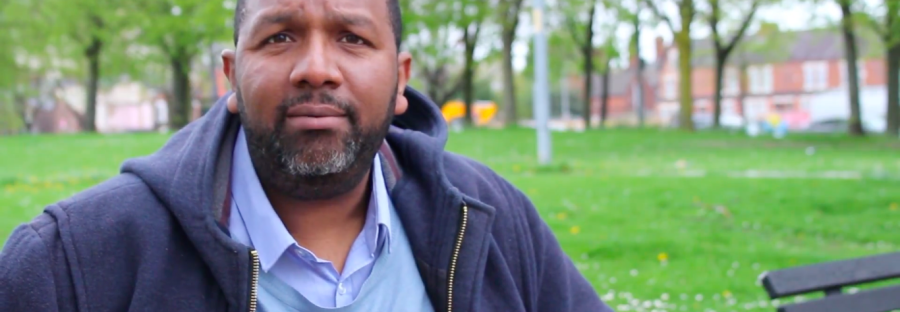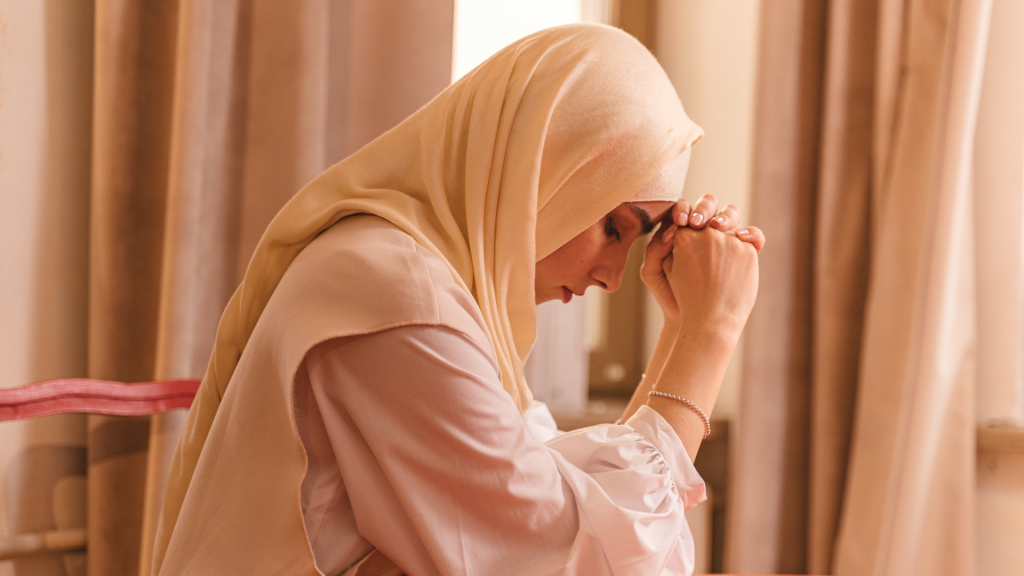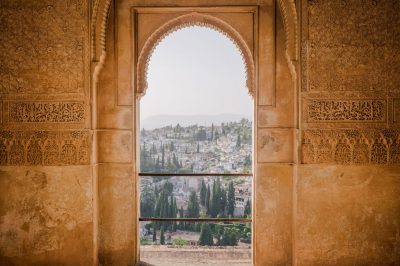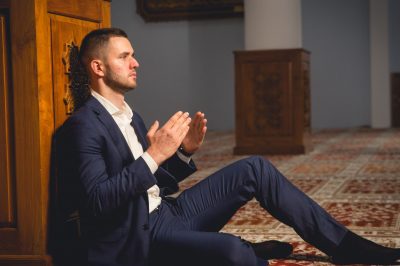For many youth, hip-hop music is a powerful form of social expression with universal themes on social justice and the search for identity.
Born in Willesden, north-west London, in May 1973, Ismael Lea South was introduced to hip-hop music from a young age.
While many see rap music as moving them or even identifying their culture, Ismael believes it has fundamentally changed his life, BBC reported.

 Read Also: Malcolm X, Black Culture Bring Brazilians to Islam
Read Also: Malcolm X, Black Culture Bring Brazilians to Islam
“Our school had a large African and Afro-Caribbean heritage. We used to listen to people like Big Daddy Kane, A Tribe Called Quest, Public Enemy, Eric B & Rakim,” he tells BBC Radio 4’s Sunday program.
An example of the music he listened to was the 1987’s hip-hop classic Paid In Full by Eric B & Rakim, in which Rakim “was saying he used to be a bit of a naughty boy but then he learned that was not the way to live and now he wants to get a nine-to-five”.
-

Eric-B-Rakim-released-their-first-record-in-1986
“I used to think ‘what made him change from being like that to be getting a nine-to-five’ and he used to mention Islamic phrases, so that caused me to think,” says Ismael, the founder of the Salam Project which works to engage children and keep them out of trouble.
A friend’s invitation to visit Speaker’s Corner in central London where rap group Cash Crew were performing while on tour was the second big moment for Ismael.
“So we went to Hyde Park Corner not knowing what Hyde Park Corner was and I was fascinated. I saw Christians, Muslims, Jews, socialists, agnostics, debating each other and I thought ‘oh gosh this place is brilliant’.”
-

Q-Tip-l-from-A-Tribe-Called-Quest-converted-to-Islam-in-the-1990s
Meeting Muhammad Khaja
At the Hyde Park, he met another speaker called Muhammad Khaja who later had a profound impact on his future.
“He was of the same heritage as me, Afro-Caribbean, he was dressed in Islamic African attire and, when he was speaking and debating, no-one could compete with him,” Ismael says.
“I started to ask him about Islam, I said ‘there’s some things I don’t really agree with Islam’ and he broke down that,” he says.
-

Ismael formed his own Sufi hip-hop act called Mecca to Medina
Six months later, Ismael met Khaja for the second time when his friend suggested they visit a mosque.
“He said, ‘Hi there, do you remember me? I want to speak to you more about Islam’, and then from there I started to learn and study.”
While initially being skeptical about becoming a Muslim, “as I want to have some fun while I’m young”, he eventually decided he was ready to convert.
“And that’s how I embraced Islam.”
It was not easy for his family to accept his new life.
“When I embraced Islam I stopped drinking, I stopped eating pork, I stopped going out partying – my family thought I was going crazy,” he says.
“But when I told my mum I want to settle down and get married, when my mum heard that she said, ‘oh, OK’. That kind of won her over.”
Since its beginnings, the pioneers of hip-hop culture – Rakim, Afrika Islam, Q-Tip, Big Daddy Kane, Nas, Mos Def (now Yasiin Bey) and more – have connected themselves to an Islamic ideology and practice that has empowered Black movements since the early 20th century.
Many hip-hop stars have converted to Islam over the past three decades. Check some of the stories covered by AboutIslam.
The post “Hip Hop Led Me to Islam”: English Rapper appeared first on About Islam.
source https://aboutislam.net/muslim-issues/europe/hip-hop-led-me-to-islam-english-rapper/






















